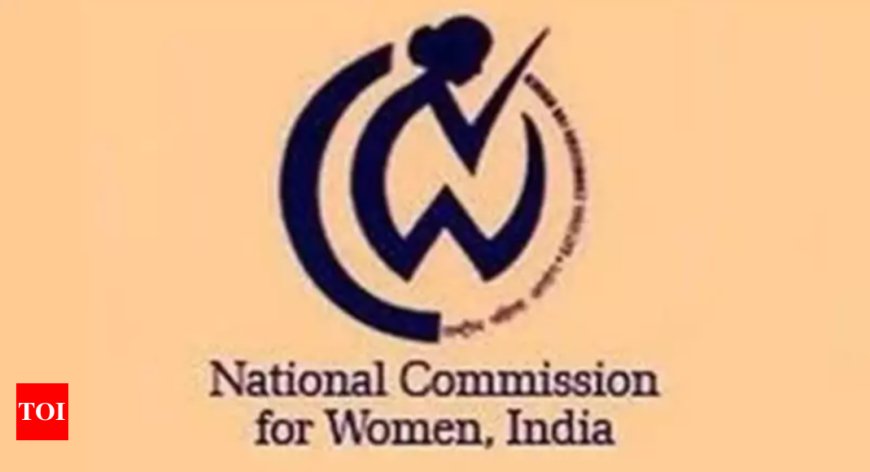Take steps to prevent OTTs from streaming obscene content: NCW
Take steps to prevent OTTs from streaming obscene content: NCW

Take Steps to Prevent OTTs from Streaming Obscene Content: NCW
In a recent statement, the National Commission for Women (NCW) has urged the government to take stringent measures to prevent Over-The-Top (OTT) platforms from streaming obscene content. The commission emphasized the importance of protecting societal values and ensuring that content available on these popular streaming services aligns with the cultural ethos of the nation. This call to action has reverberated through various sectors, igniting discussions about content regulation and censorship in a digital age.
The Concern of Obscene Content on OTT Platforms
OTT platforms have rapidly gained popularity, offering a wide range of viewers entertainment choices. However, within this vast array of content, some shows and movies have been criticized for depicting graphic and explicit themes that many deem inappropriate. The NCW's concerns reflect broader apprehensions regarding the impact of such content on viewers, particularly young audiences who may not be equipped to critically engage with such material.
NCW’s Recommendations for Regulation
The NCW has proposed that a regulatory framework be established specifically for OTT platforms to ensure that content adheres to certain standards. This could involve age rating systems, content warnings, and a clear policy outlining what constitutes obscene material. By implementing these measures, not only can the exposure of vulnerable segments of society be minimized, but also the creative expression of filmmakers and content creators can be balanced with the necessity for responsible content dissemination.
The Role of the Government
For effective implementation of these recommendations, the NCW has called on the government to take immediate action. This could include legislative measures that empower regulatory bodies to monitor and review content on OTT platforms. Additionally, encouraging self-regulation by the platforms themselves could foster an environment where creators are mindful of the ramifications their content may hold for audiences.
Public Response and Future Trends
The reaction from the public and stakeholders in the entertainment industry has been mixed. While many support the need for greater accountability from OTT platforms, others express concern that such measures might infringe upon creative freedoms and artistic expression. As digital consumption continues to evolve, it remains to be seen how these recommendations will shape the future landscape of streaming content in India.
For more updates on this topic and other relevant news, visit dharmyuddh.com, your trusted source for the latest developments. Keywords: NCW obscenity OTT regulation, prevention of obscene content streaming, National Commission for Women OTT platforms, government measures against obscene content, monitoring OTT streaming standards, impact of obscene content on youth, content regulation in digital platforms, audience protection from inappropriate content, creative freedom vs content censorship







